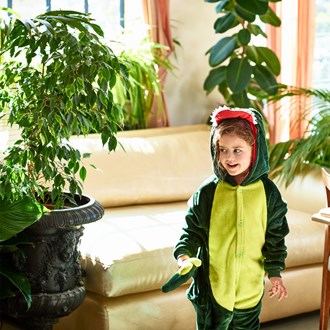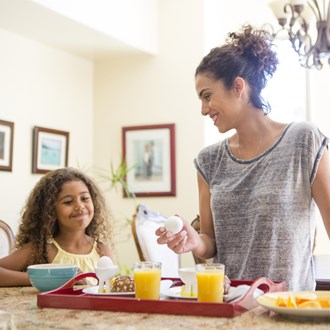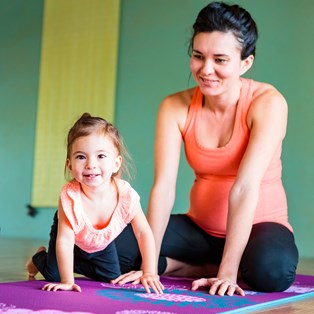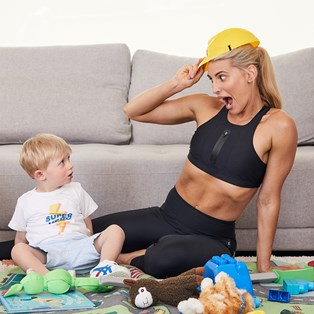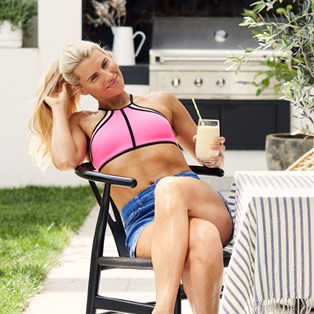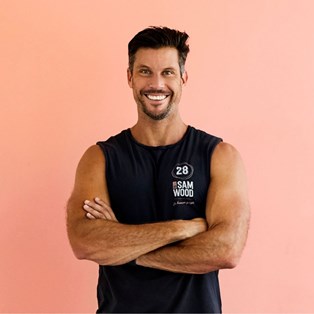Eight ways to get Kids involved in sports
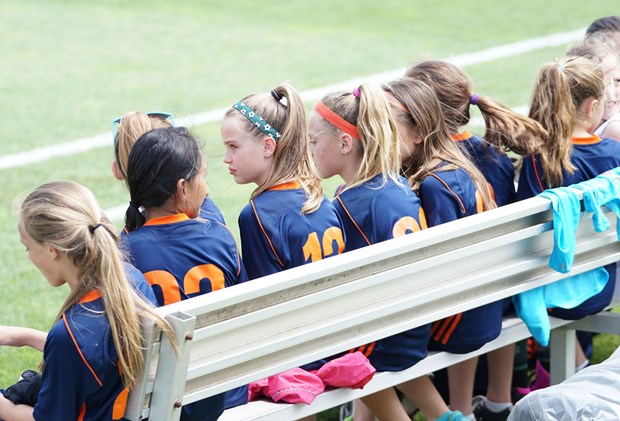
A recent study found Aussie kids are among the least active in the world.
By Peter Malik
November 29 2016
Australia: a nation known for loving sports, yet we are raising a generation of kids who are ditching the outdoors in favour of sedentary activities.
In fact, a recent study found Aussie kids are among the least active in the world.
Additionally, research conducted in 2013 showed 77 per cent of children spend their spare time watching television and only half are involved in sport. Likewise, almost 70 per cent of Australian adults are either sedentary or have low levels of physical activity.
Australian Sports Commission (ASC) has launched a new campaign called Heroes and focuses on the importance of parents playing sport – both for their own health and for the positive influence it has on their children.
This initiative is part of Play.Sport.Australia. — the ASC’s game plan to get more Australians playing sport, more often.
Michael Thomson, Australian Sports Commission’s General Manager of Participation and Sustainable Sport, said, “If we want our children to be active, we as adults need to set the example with action, not words.
“Getting involved in sport is a great way to achieve this. We boast about being a nation that loves our sport, so let’s show it.
It's recommended that children aged between five and 15 get at least 60 minutes of moderate to vigorous every day, to help you get you started, here are eight ways parents can get help get their children involved in sport.
Don’t forget the fundamental movement skills
Nurture a full range of movement skills including kicking or hitting a ball, running, jumping, climbing, balancing and basic aquatic skills.
Play at home
Play in the backyard or even the hallway! Encourage using the left and right hands and feet!
Cheer for sport
Choose to be an active family and limit screen time at home. Provide positive encouragement for sporting activity and refrain from being a passive parent and get involved and have fun.
Sample and have fun
Don’t just specialise in one sport too early, try a few sports. This will help the development of a full range of sporting skills, coordination and control.
Practice, but make it relevant and fun
The quality and type of practice is more important than simply how much you do it and make sure it’s challenging and fun.
Be a positive role model
You are the greatest role model. Always show respect to the coaches and officials, and demonstrate good sportsmanship. Be positive and supportive of your child’s sporting efforts.
Be sport-ready
Get a healthy sport-life balance. Get an understanding of the role that good nutrition, hydration, rest and recovery, plays in your child’s sporting life.
The questions to ask
After the game, ask your child: ‘what felt good today?’ or ‘what do you think you could improve on for next time?’
To be in the running to win sports memberships for your family up to the value of $500, visit the Play Sport Australia Facebook page and share your family's greatest sporting moment.



